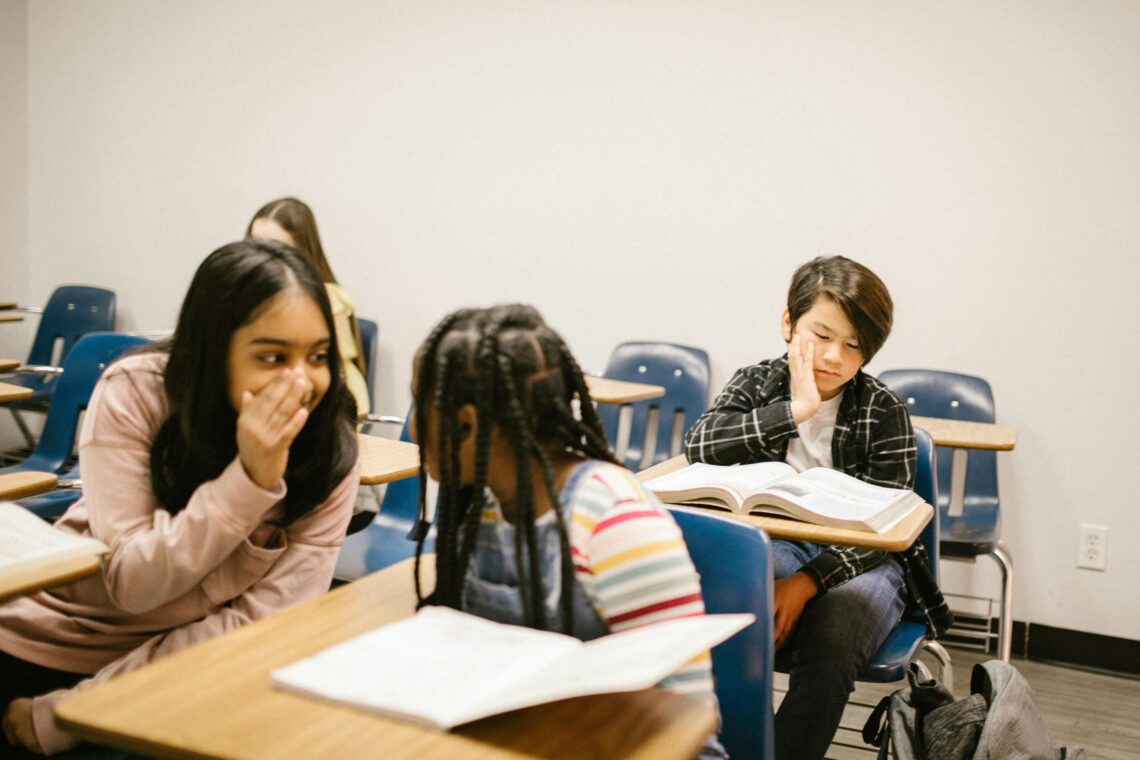Osloskolen has recently seen a marked increase in the number of pupils who are excluded after committing serious or repeated offences.
While the Education Authority emphasises the need to maintain a safe school environment, the Liberal Party’s knowledge policy spokesperson, Abid Raja, fears that this practice could lead to permanent exclusion for these “vulnerable young people”.
According to Dagsavisen, more pupils have been expelled from school in the past six months than in the previous five years combined.
This trend mainly concerns pupils at upper secondary schools in the eastern part of Oslo with a high proportion of minority-language pupils.
Abid Raja recognises that schools sometimes have to exclude students who commit serious crimes to ensure the safety of others. However, he believes that schools are failing by pushing these young people out of the school system, which he fears could lead to radicalisation and further crime.
He states that allowing young people who have committed criminal offences to remain outside the school system for extended periods is not a solution.
Teacher organisations have also expressed concern about the situation.
Utdanningsnytt reports that this increase in expulsions may be a sign that schools lack sufficient resources to deal with pupils with “major challenges”, and points to possible links with cutbacks in special education and a lack of alternative provision.
A school psychologist has also expressed concern about the situation.
A school psychologist has argued in an op-ed in Aftenposten that exclusion is rarely an optimal solution for pupils with “complex problems”, and calls for more holistic and interdisciplinary approaches.
Abid Raja is concerned that the government has down-prioritised the big cities, which he believes contributes to schools being left alone with these challenges.
He suggests closer follow-up of the excluded pupils in collaboration with the police and child welfare services to prevent a negative development.

